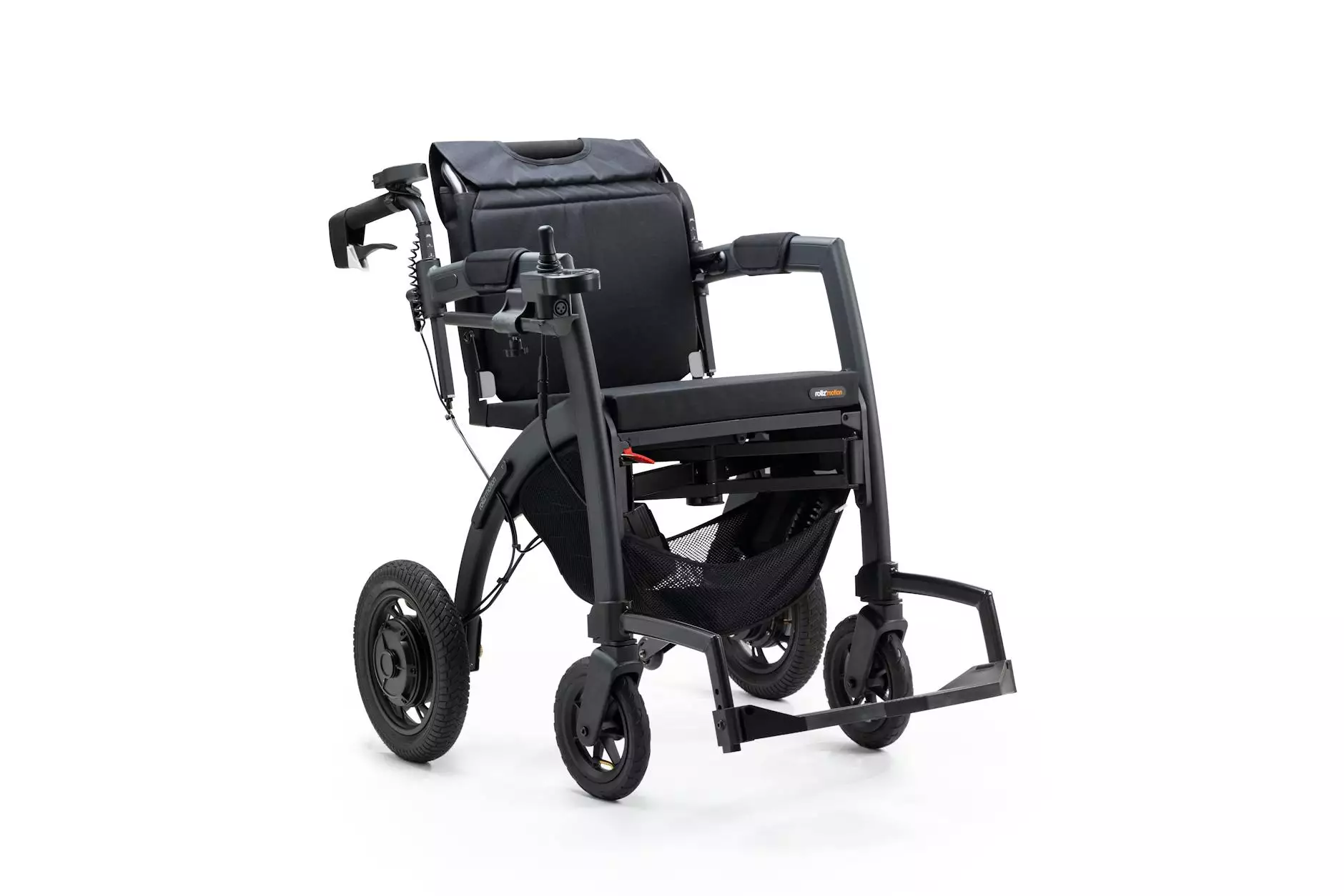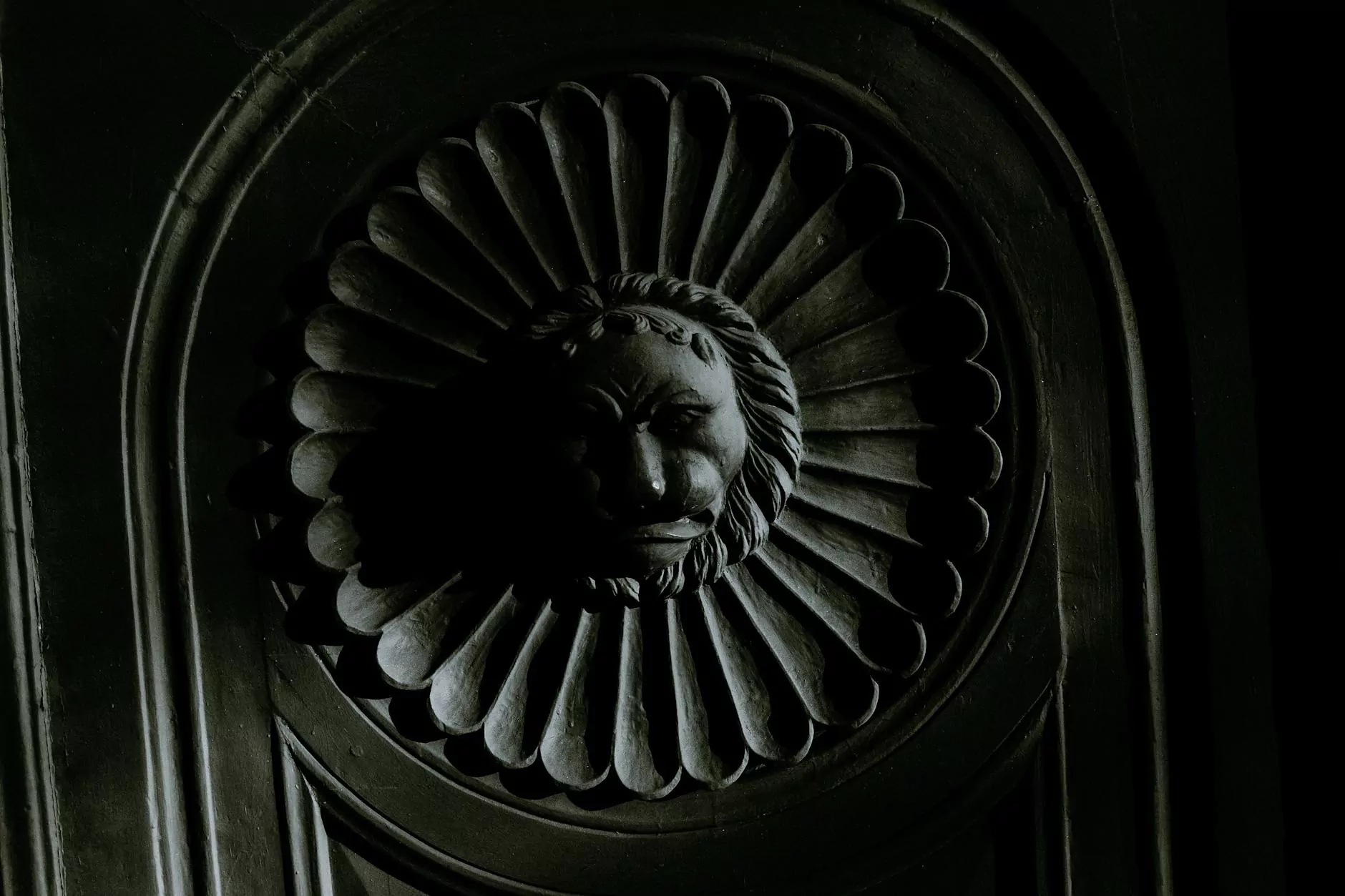Understanding German DIN Fittings: A Comprehensive Guide

German DIN fittings, a term that resonates with precision, reliability, and standardization, play a pivotal role in various industrial applications. Adhering to the rigorous guidelines established by the Deutsches Institut für Normung (DIN), these fittings are designed to ensure quality, safety, and interoperability across numerous sectors. This article delves deep into the world of DIN fittings, exploring their significance, various classifications, benefits, and their universal applications.
The Importance of DIN Standards
The DIN, or Deutsches Institut für Normung, is Germany's national organization for standardization, which aims to create and promote standards for various products and services. The established DIN standards ensure that components fit together without complications, enhancing overall safety and performance in industrial processes. For manufacturers and consumers alike, these standards serve as a benchmark for quality and reliability.
What are DIN Fittings?
DIN fittings are a category of components that comply with specific standards set forth by the DIN organization. These fittings include various types of connectors, valves, and accessories used in plumbing, hydraulics, and pneumatic systems. The main appeal of DIN fittings is their precision engineering, which allows them to be used interchangeably between different manufacturers, thus promoting efficiency and safety.
Key Characteristics of German DIN Fittings
Understanding the key characteristics of German DIN fittings is essential for anyone involved in industries that rely on these components. The following points highlight their main attributes:
- Standardization: All fittings comply with strict regulations, ensuring universal compatibility.
- Durability: Crafted from high-quality materials, they offer long-lasting performance.
- Performance: Precision manufacturing processes guarantee superior performance under various conditions.
- Safety: Designed to minimize risks associated with pressure drops and leaks in systems.
- Interchangeability: Their standardized design allows for easy swapping between brands without loss of quality.
Types of DIN Fittings
DIN fittings come in various forms to cater to different applications. Here are some of the most common types:
1. DIN Flanges
DIN flanges are widely used to connect pipes, valves, pumps, and other equipment. They provide a reliable and secure connection and can be found in different sizes and pressure ratings, adhering to various DIN standards.
2. DIN Connectors
DIN connectors are essential in electrical systems, ensuring secure electrical connections. Commonly used in automotive and industrial applications, these connectors are robust and can withstand harsh conditions.
3. DIN Valves
DIN valves, including gate valves, ball valves, and check valves, are vital in regulating flow within piping systems. Their reliable construction and adherence to standards make them suitable for critical applications.
4. DIN Adaptors
DIN adaptors allow for the connection of different types of fittings, enhancing the versatility of piping systems. They are particularly useful when integrating older systems with newer technologies.
5. DIN Clamps
DIN clamps are used to secure hoses, pipelines, and cables. Their standardization ensures reliable performance and protection against leaks and disconnections.
Benefits of Using German DIN Fittings
The advantages of using German DIN fittings are manifold, and they cater to various industrial needs:
- Quality Assurance: Adherence to DIN standards guarantees a high level of product quality.
- Cost Efficiency: Standardized fittings reduce replacement costs due to their interchangeability.
- Increased Safety: Compliance with safety standards minimizes potential hazards in systems.
- Enhanced Performance: Well-engineered fittings contribute to optimized system performance.
- Global Acceptance: DIN fittings are recognized worldwide, facilitating international trade and manufacturing.
Applications of German DIN Fittings
German DIN fittings are utilized in a vast array of applications across different industries. Here are a few sectors where they play a crucial role:
1. Automotive Industry
In the automotive sector, DIN fittings are used in hydraulic systems, fuel pipelines, and as electrical connectors, ensuring safety and performance in vehicles.
2. Construction and Civil Engineering
Construction projects often rely on DIN fittings for plumbing and drainage systems, providing reliable connections that uphold building standards.
3. Manufacturing and Industrial Applications
In manufacturing facilities, DIN fittings ensure safe connections in fluid transfer and pneumatic systems, vital for operational efficiency.
4. Chemical Processing
Each chemical processing plant benefits from DIN fittings' compatibility with various fluids and their robustness to handle high pressures.
5. Oil and Gas Sector
In the oil and gas industry, the reliability and durability of German DIN fittings are critical. They are designed to perform under extreme conditions, ensuring safety in transporting hydrocarbons.
Choosing the Right DIN Fittings
Selecting the appropriate DIN fittings involves several factors to ensure compatibility and performance:
- Material Type: Choose materials suited for your environment, such as stainless steel for corrosive applications.
- Size and Diameter: Ensure the fitting size matches the equipment specifications for a secure fit.
- Pressure Ratings: Verify that the fittings can handle the operational pressure of your system.
- Type of Application: Understand the specific requirements of your application to select the most suitable fitting type.
Where to Buy German DIN Fittings
For those seeking high-quality German DIN fittings, look no further than fitsch.cn. This specialized supplier offers a comprehensive range of fittings that meet DIN standards, ensuring that you find the perfect components for your needs. Here’s why you should choose Fitsch:
- Wide Variety: A vast selection of fittings for every industrial need.
- Quality Products: All products adhere to stringent DIN regulations, guaranteeing reliability.
- Expert Support: Friendly and knowledgeable staff ready to assist with your inquiries.
- Competitive Prices: Cost-effective solutions without compromising quality.
- Fast Shipping: Timely delivery to keep your projects on schedule.
Conclusion
In summary, German DIN fittings represent a commitment to quality and performance. Their standardized nature ensures compatibility and ease of use across various applications, from automotive to industrial settings. By choosing fittings that meet DIN standards, you are investing in the safety, efficiency, and reliability of your systems.
For your next project, consider purchasing from a reputable supplier like fitsch.cn, where you can find the best German DIN fittings suited precisely for your needs. Embrace the power of standardization and elevate your operations to new heights with high-quality fittings.









